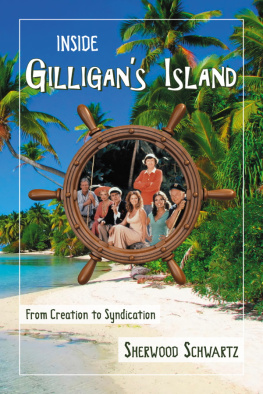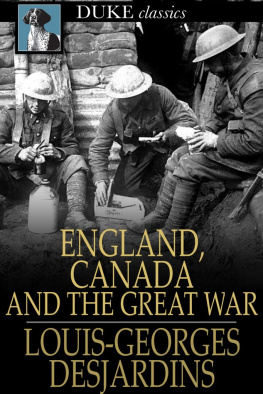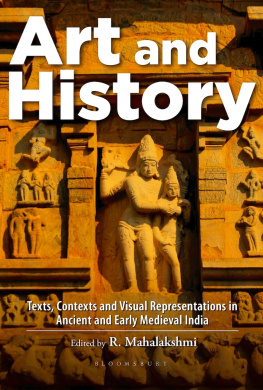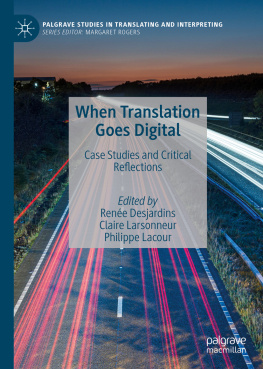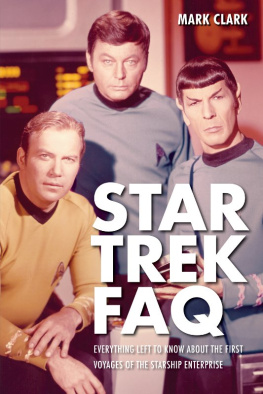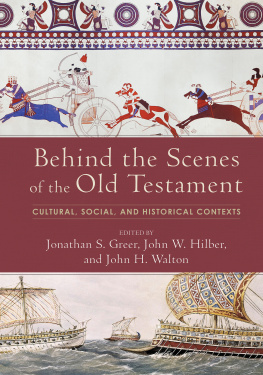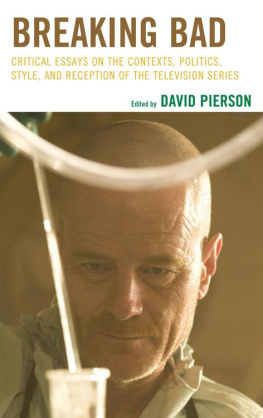TV Milestones
Series Editors |
Barry Keith Grant | Jeannette Sloniowski |
Brock University | Brock University |
TV Milestones is part of the Contemporary Approaches to Film and Media Series.
A complete listing of the books in this series can be found online at wsupress.wayne.edu
General Editor
Barry Keith Grant
Brock University
Advisory Editors |
Robert J. Burgoyne | Frances Gateward |
University of St. Andrews | California State University, Northridge |
Caren J. Deming | Tom Gunning |
University of Arizona | University of Chicago |
Patricia B. Erens | Thomas Leitch |
School of the Art Institute of Chicago | University of Delaware |
Peter X. Feng | Walter Metz |
University of Delaware | Southern Illinois University |
Lucy Fischer
University of Pittsburgh

2015 by Wayne State University Press, Detroit, Michigan 48201. All rights reserved. No part of this book may be reproduced without formal permission. Manufactured in the United States of America.
19 18 17 16 15 5 4 3 2 1
ISBN 978-0-8143-3947-3 (paperback) | ISBN 978-0-8143-3948-0 (ebook)
Library of Congress Control Number: 2015938131

To my brother Vincent, in memory of watching TV reruns after school
CONTENTS
ACKNOWLEDGMENTS
I have a very vague memory of watching Father Knows Best in one of its network prime-time broadcasts in the early 1960s. I would have been very young and watching with my family. I have much clearer memories a few years later of watching reruns of Father Knows Best after school or during mornings when I stayed home sick. By the 1990s, I found the show a guilty pleasure when I tuned in to The Family Channel (a channel I would not ordinarily watch) at lunchtime while in my very first tenure-track teaching job in a city in which I didnt have many friends. And some years after that, Father Knows Best was a familiar comfort when I visited my mother and watched it in the assisted-living apartment that she lived in during the last few years of her life.
While it seemed inevitable that I would write about the series one day, I didnt anticipate other peoples interest in and support of my project. Thanks to Wayne State University Press editors Kristina Stonehill and Annie Martin, who saw the book from proposal to final product. Kristina took me through the first part of the process while Annie was there at the end. I am particularly grateful for their patience with my delay in writing the first draft. Carrie Downes Teefey, assistant editorial manager at WSUP, has been a pleasure to work with as the manuscript made its way through production. I would also like to thank the two anonymous readers and TV Milestones series editors Barry Keith Grant and Jeannette Sloniowski for their helpful comments on the manuscript. I am grateful to Julie Graham, Accessioning Archivist, for her prompt and professional aid with the Eugene Rodney Collection at UCLA Library Special Collections. Peter Ciardelli, from my home Film and Media Studies Department at Dartmouth College, was an invaluable help with images, and his support always came with a smile. Thank you, Peter. Thanks to Jeremy Butler for making television style a scholarly priority in our field. Thanks also to Thomas Doherty for talking to me about the program when he visited Dartmouth and then following through later with some key information about Robert Youngs political engagement.
A big thank-you goes to Barbara Hall for her friendship and for watching episodes of Father Knows Best with me. I value her intelligent and witty commentary, especially on the various existential dilemmas of Betty Anderson. Amelie Hastie and Amy Lawrence showed enthusiasm for the project or writing process at the right moments, and I thank them. My husband, Mark Williams, always made me believe I was the right person to write a scholarly study of Father Knows Best. I thank him for not being annoyed at having to listen to the constant repetition of the programs theme music, which he dubbed the a lesson is being learned theme. Finally, I thank my late parents, Paul and Rosemary, and my brothers, Chris and Vincent, for their support. The book is dedicated to Vincent, who was my frequent after-school television-viewing companion. I hope he will find some of his favorite episodes discussed here.
INTRODUCTION
F ather Knows Best (CBS 19541955; NBC 19551958; CBS 19581960) is one of the iconic television series of the 1950s. Like other programs of that era that are considered iconic, such as I Love Lucy and Leave It to Beaver, its status as such was established, and has been continuously reconfirmed, by its long history in rerun syndication and in its enduring fan base. However, the program is also remembered today via a cultural shorthand that views the 1950s as an era of massive conformity and authoritarianism, and this series, with its close-knit family looking to a wise everyman father, as emblematic of those repressive social mechanisms. Yet, despite this dramatically contradictory statusrecipient of both an enduring, positive response from longtime fans and condemnation or cynicism from todays critics who see the series as supporting the domestic containment logic of American ideology of the 1950sFather Knows Best has received little in-depth or sustained critical attention from television scholars.
This book will navigate a critical space for examining the series that rejects monolithic positionings. I will use textual and extra-textual evidence to analyze the stylistic, generic, and industrial practices exemplified by Father Knows Best in relation to the social and cultural contexts in which the program was first produced and in which it has been received by audiences and critics for sixty years. My analysis will examine the social themessuch as change versus tradition, autonomy versus family togetherness, and self-fulfillment versus altruismthat animate the series, most of which are made explicit in the typically strong narrative closures of individual episodes. While the critics who have dismissed the series construe these themes, presumably reinforced by the episodes happy endings, as socially conservative, my argument is in line with television scholars, such as Horace Newcomb and Paul Hirsch (1994), who see audience engagement with the social values of television programs as related to how texts raise questions and open contradictions that cannot be reduced or dissolved by narrative closure. Blending melodrama and comedy, naturalistic acting and stylized cinematic visuals, Father Knows Best engages by making ideological tensions the very basis of its narrative problematics and by demonstrating that contemporary social contradictions are manifested, whether humorously or seriously, in the most typical of situations of the American family.
Adapted from a radio program of the same name (19491954) that was coproduced by Eugene B. Rodney and well-known film star Robert Young (who was also cast in the lead role), Father Knows Best is a television situation comedy focused on the everyday life of the Anderson family who live in the town of Springfield in an unnamed state. The characters include insurance-agent and family man James Anderson (Young), his wife, Margaret (Jane Wyatt), and their three children, teenagers Betty (Elinor Donahue) and Bud (Billy Gray), and the youngest child, Kathy (Lauren Chapin). Episode narratives typically end with the characters acquiring self-knowledge, often inspired or helped by their father, Jim. The series exemplified important generic trends in the era in which television became a mass medium. Specifically,
Next page


